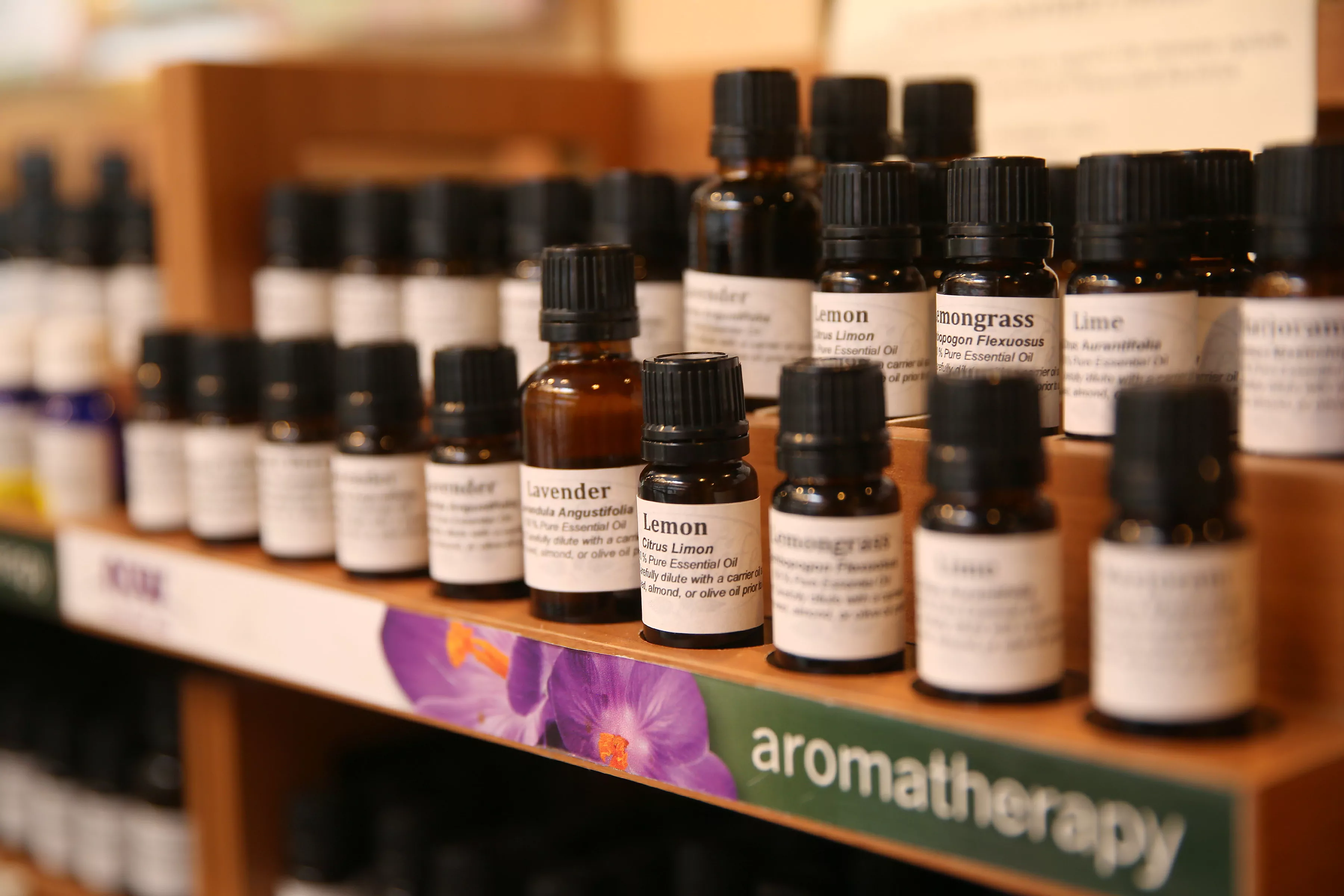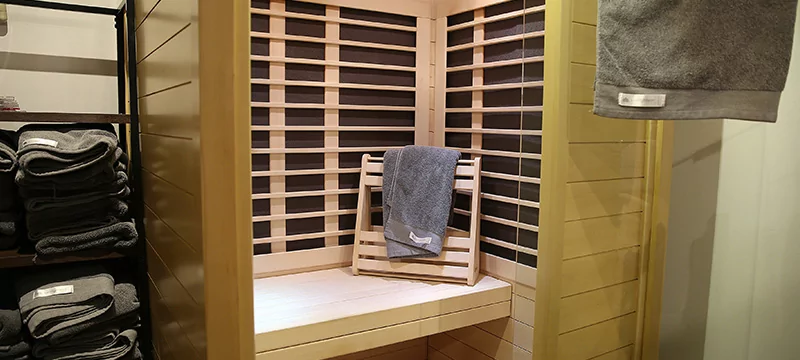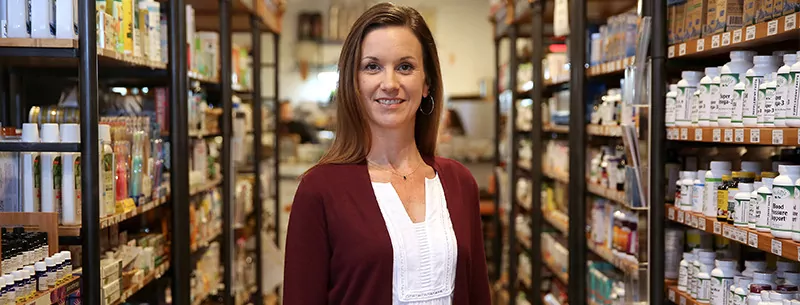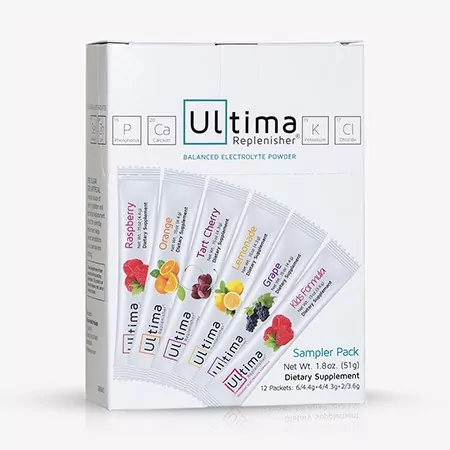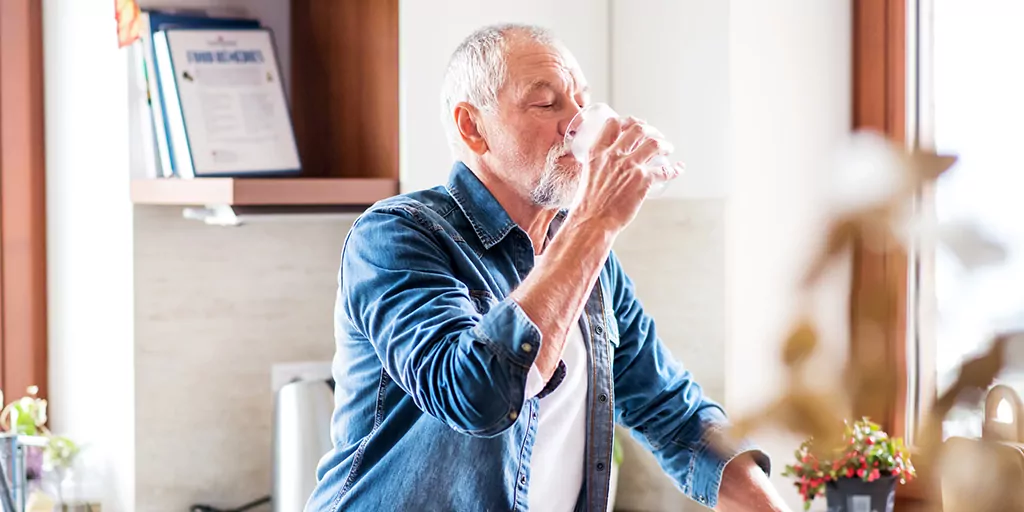
Aging Well with Hydration
Did you know you can live weeks to months without food but you can only live days without water?
Hydration is not only important as we grow, but also becomes a tool for aging well into our golden years.
So why are we targeting the importance of hydration as we age? Our thirst center is in our Hypothalamus – the part of the brain that also regulates our body temperature, sleep, and appetite. As we get older, that part of the brain doesn’t work as well, which means it doesn’t always give us a thirst signal indicating that we need to drink water.
When we were younger we relied on our thirst to make us drink because our Hypothalamus was fully working. We depend on those thirsty urges as a signal when we need to rehydrate. When we age, and our hypothalamus isn’t working up to par, we no longer get that signal which results in no desire to drink even if we did not drink all day. Thanks to our aging hypothalamus we go by those false feelings, and as a result don’t consume enough water. In other words, we are waiting for that signal to drink that just doesn’t happen any more and we don’t even know that it is hurting us and causing harm to our wellness.
Dehydration can be debilitating or even fatal because when we are older we don’t crave water. Our body doesn’t realize the amount of water lost especially when we are sweating, which can cause electrolyte deficiencies, heat stroke, heat exhaustion, and adverse heart problems. Bloating and fluid retention are signs that your body is holding on to water because of dehydration. Other serious signs of dehydration are kidney stones, sore muscles and joints, dizziness, and impaired memory.
So how do we notice we may be dehydrated? Look for these signs:
- headaches
- cramping in your feet, hands, and legs
- dark colored or infrequent urination
- fatigue
- dry eyes, mouth, skin and lips
- low blood pressure
- elevated heart rate
- a general feeling of discomfort, uneasiness, or illness with no explanation accompanying it
- Worried about wrinkles? Fill them in by drinking water.
Additional benefits of adequate hydration include: staying full between meals, which can help prevent weight gain; assistance with elimination and other digestive issues because it helps us to detox naturally; improved absorption of medications and supplements.
In fact, by not giving your body enough water your medications or supplements may not be absorbed, and therefore may cause a build up, which could present false results and cause required doses to be ineffective.
What can we do to prevent dehydration? Try to drink at least one half of your body weight in ounces of pure water daily. If you weigh 140 lbs then you would need to drink 70 ounces of water a day. There are water bottles on the market that show you the amount of water to drink by certain times of the day to help you reach your hydration goal each day. Keep in mind, If you like soda, coffee, tea, alcohol, or energy drinks, these all act as diuretics causing you to lose more fluid – so you need to drink an additional glass of water to make up for each serving that you consume.
Another way to stay hydrated is eating foods with a high water content. For example, cucumbers, iceberg lettuce, zucchini and celery contain 95% water. Cauliflower contains 92%, and watermelon and strawberries contain 91%. Drinking water without added artificial ingredients and sweeteners will create a more efficient detoxing and delivery system. If you are among those who “just don’t like to drink plain water”, try infusing your water with sliced fresh fruit (like lemons, limes or oranges) and/or herbs (like mint or rosemary) to add natural flavor.
Keeping your Hypothalamus in healthy, working condition is one of the main ways to keep a hydrated body at any age. Wellness tips for the hypothalamus include: taking Omega 3 supplements, exercising regularly, getting proper sleep, eating a balanced diet, and staying away from sugary foods and drinks.
Remember that exercise, and any other sweat inducing activities, increase your daily need for water. So when you are gardening, walking or engaging in any type of physical activity, remember to drink water immediately after, even if you are not thirsty. Water is the WELL in aging well.
Sandy Fidler, Wellness Coach

